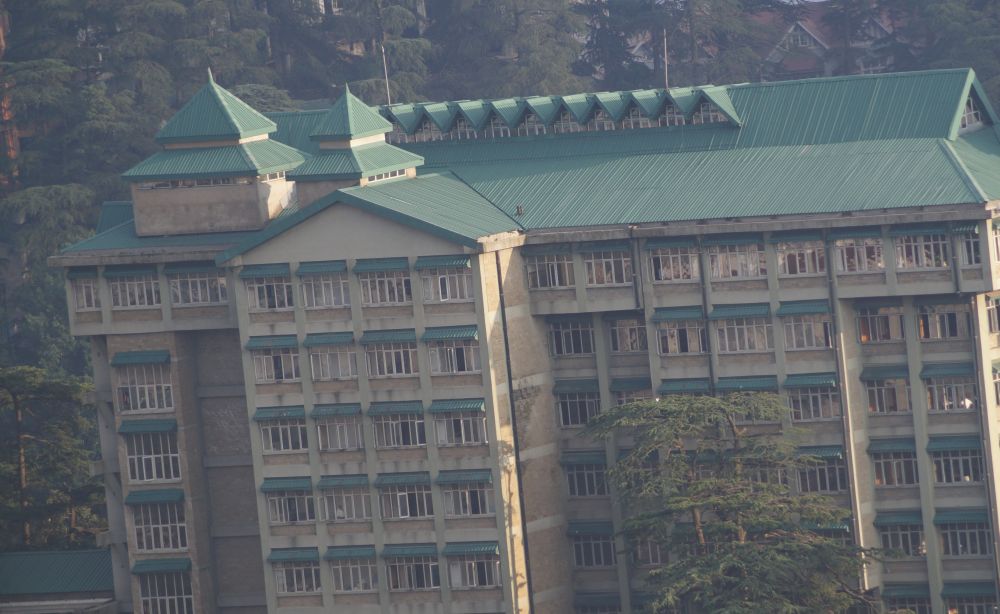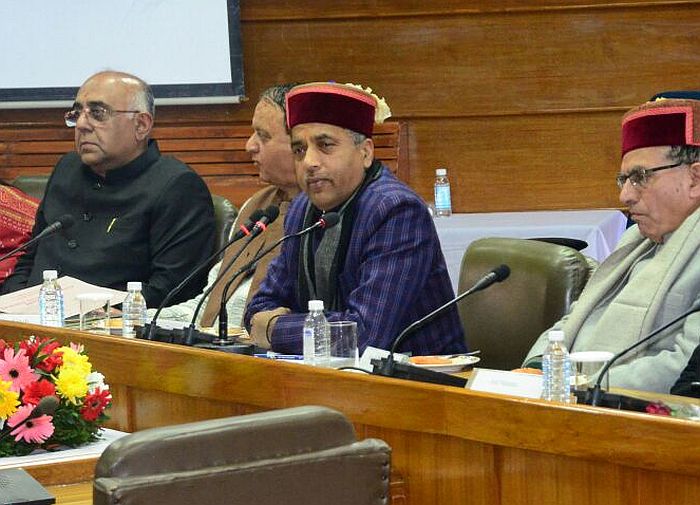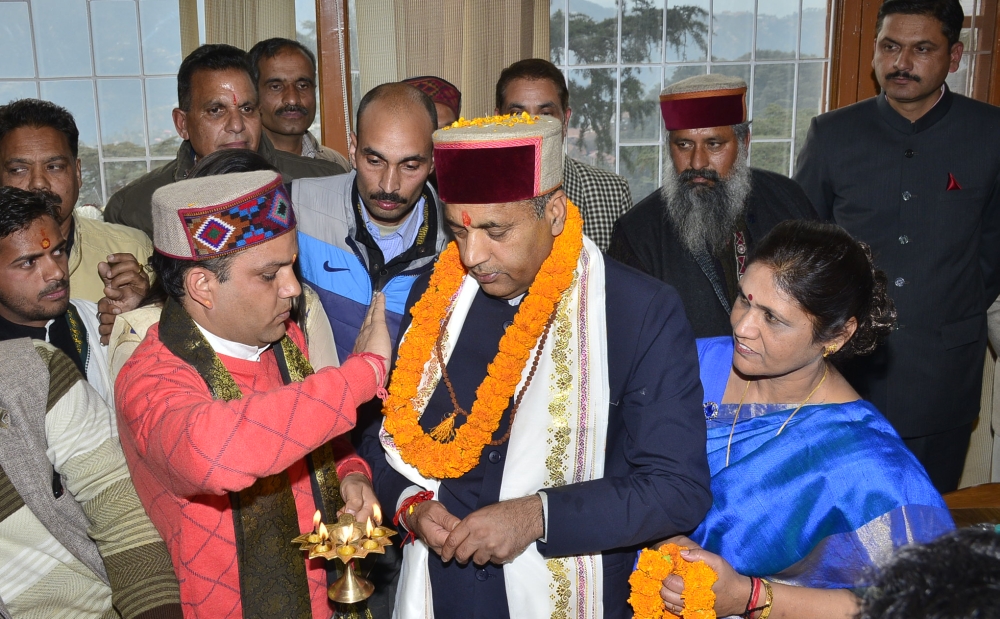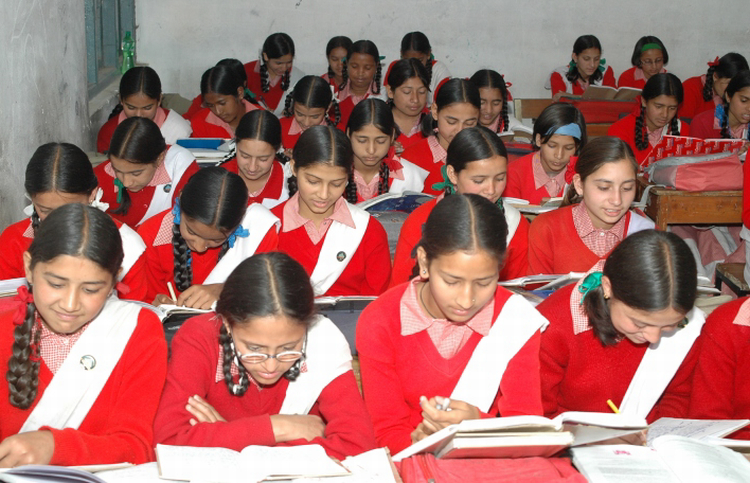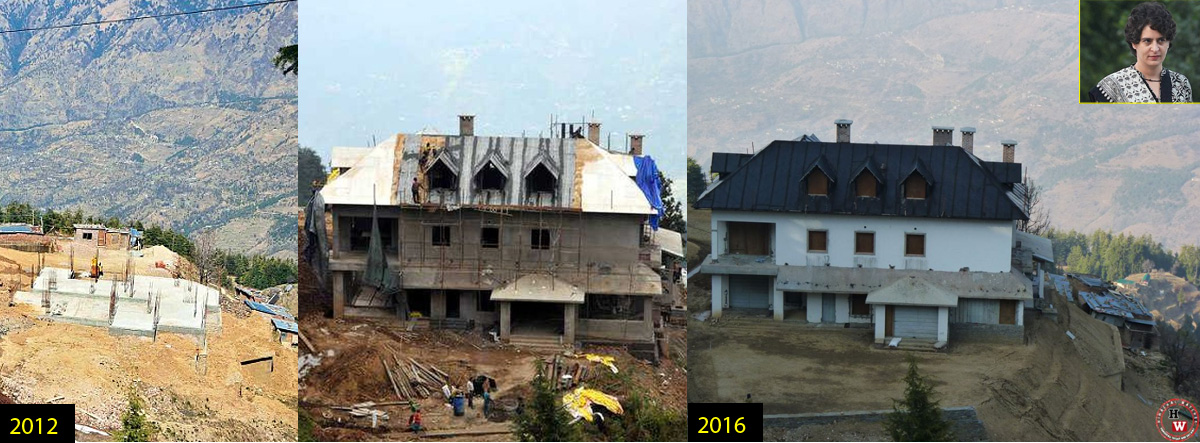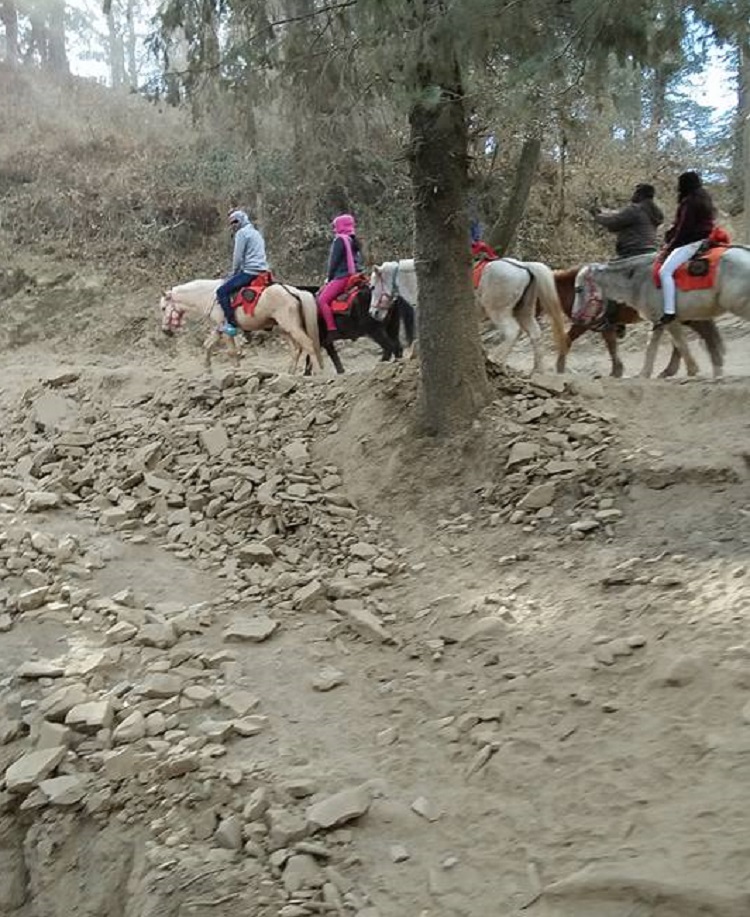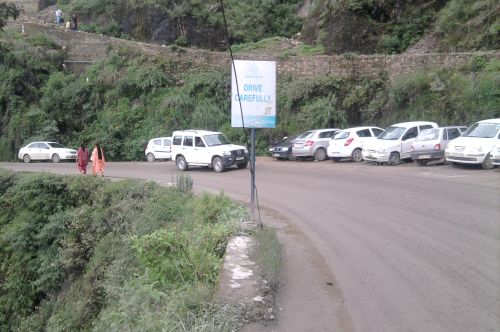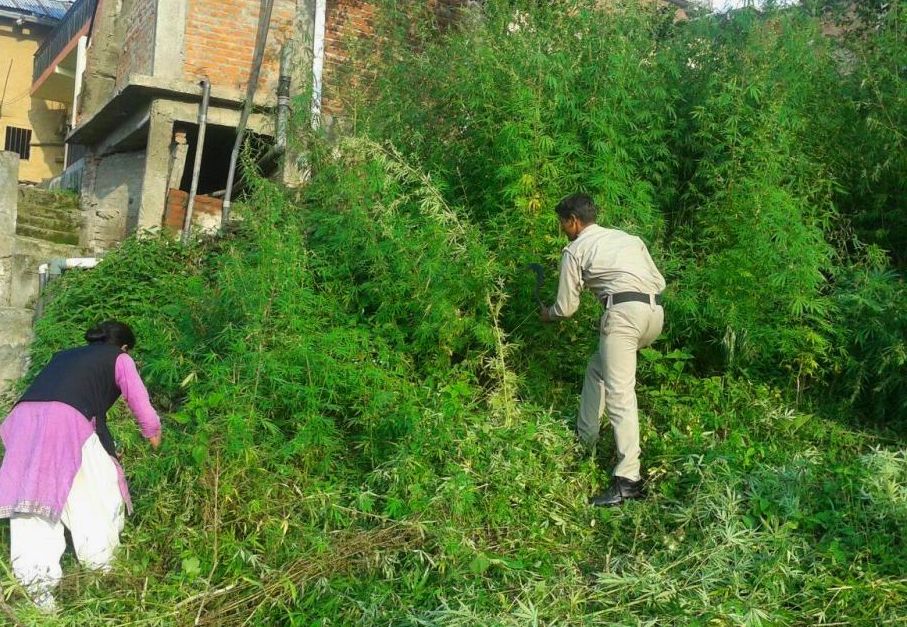 A petition filed in the High Court of Himachal Pradesh has yet again raised the demand to legalise cultivation of industrial and medical hemp and capitalize on it like the neighbouring state Uttrakhand where hemp cultivation is allowed within the policy framework.
A petition filed in the High Court of Himachal Pradesh has yet again raised the demand to legalise cultivation of industrial and medical hemp and capitalize on it like the neighbouring state Uttrakhand where hemp cultivation is allowed within the policy framework.
A bench of Acting Chief Justice Sanjay Karol and Justice Ajay Mohan Goel has asked the state and centre government to provide their opinion about the legalisation of industrial hemp in the state.
As per the petition, filed by advocate Deshinder Khanna, the matter does not pertain to decriminalizing cannabis smoking, but it is about the commercial potential of the industrial hemp. As per the petition, cultivation of industrial hemp could beat the apple industry if the commercial aspects are considered.
Currently, there are over 25,000 end products that can be prepared from hemp. The industrial hemp offers a larger amount of superior fibre, which has already created demand for it in the textile industry.
In the field of medical research, the petitioner has cited a plethora of uses ranging from treatment of cancer, lung functioning, neurological disorders, arthritis to HIV/AIDS.
Before proceeding further, it would be necessary to apprise you with the fact that the National Fiber Policy and Narcotics and Psychotropic Substances Act, 1985 already have provisions to permit cultivation of industrial hemp.
The government has the power to formulate a policy and implement it with effective regulations. To be more clear, the hemp species with low content of Tetrahydrocannabinol (TCH)- substance responsible for the experience of the altered state of mind or intoxication.
It’s THC content that decides the potency of hashish or cannabis oil. As per the provision, the hemp that has a low THC content (.3% to 1%) as compared to currently grown cannabis (4 to 5%) can be cultivated if the government permits it.
The petitioner also argues that the cultivation of hemp is the least expensive and hectic crop to grow as it doesn’t require much water or herbicides. Also, the current policy of burning the plants or the end product only causes air pollution and damage to biodiversity.
In brief, the petitioner is seeking the court to direct the government to avail the provision and frame a solid policy for the cultivation of only industrial and medicinal hemp. The produce will go to the government, fiber manufactures, or the research institutes for exploring the medicinal benefits.
The current market for hemp has been assessed in trillions of dollars. Currently, countries like Germany, France, and China have their monopoly in the market.
The state of Himachal can claim a considerable chunk of revenue by allowing cultivation of industrial hemp.
Cultivation of hemp with a low THC content would render it useless for the drug peddlers, thus, resolving the ongoing war on drugs, says the petition. This could help the government to curb the control of mafia over the cannabis plants.
The matter has popped-up at a time when the illegal cannabis cultivation for smuggling of its end products ‘hashish’ and cannabis oil – psychoactive substances. Cannabis has also brought a bad name to the State due to the widespread. The government is struggling to check the drug mafia and increasing substance/drug abuse among youths. The matter has reached an alarming level.
The police in their respective districts are undertaking cannabis destruction campaigns. During August and September last year, the police had uprooted 1, 88, 50,152 cannabis/opium plants and disposed of 1, 64, 98,175 plants in 1527.05-hectare area
Does it make sense to legalise a most commonly abused psychoactive substances at such a time?
Of course, it does not. However, allowing the cultivation of genetically modified industrial hemp to replace the current species of the cannabis, which have higher THC content, does make sense.
The petition argues that industrial hemp has an unexplored potential to uplift the poverty-stricken rural areas like Malana in Kullu district, which is the main concern of the petitioner.
Now, the fate of the hemp cultivation is up to the vision of the new government. However, it is to be remembered that poor implementation of regulations and monitoring can backfire as legalisation could become only a cover for the peddlers.


